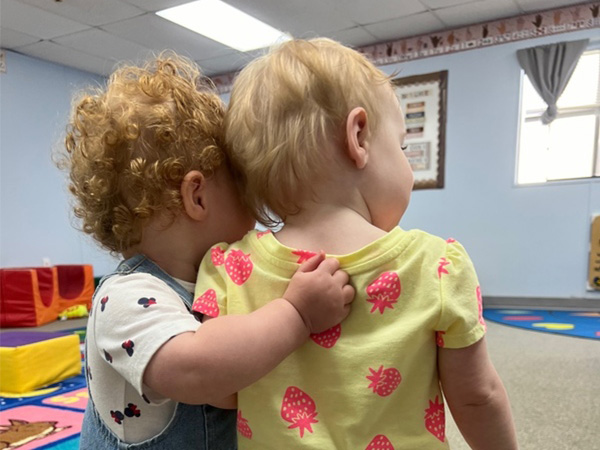
‘Tis the season for our insect friends to be out and about. Sometimes a bug bite is simply an itchy inconvenience, but when is it more concerning? Here is some helpful information from the experts at the American Academy of Pediatrics:
- Prevention:
- Protective clothing is a great first-line of defense
- Especially during sunrise and sunset when insects are most active!
- Mosquito screens and nets can block insects
- DEET-containing insect repellent is approved by the AAP for children over 2 months of age
- Avoid around the eyes and mouth (and hands of little ones who put hands in their mouths)
- Just be sure to wash clothes and rinse off skin before bed!
- Protective clothing is a great first-line of defense
- General care for non-concerning bites:
- Itch relief options:
- Apply firm, direct, steady pressure on a bite for ~10 seconds to reduce the itch
- 1% hydrocortisone cream can be applied to the bite up to 3x per day
- If the itch persists, you can use age and weight-appropriate doses of an allergy medicine (eg. Benadryl)
- Pain management:
- Using a cool cloth with an ice cube in it can help ease pain
- Can also help with itching!
- Children can have age and weight-appropriate doses of acetaminophen or ibuprofen if they are experiencing pain due to an insect bite
- Follow label and ask your pediatrician or pharmacist if you are unsure
- Using a cool cloth with an ice cube in it can help ease pain
- Preventing infection:
- Keep the area as clean as possible
- Cleanse with soap and water
- Place a bandage if child is touching or scratching at the bite
- If the bite develops a scab or looks like it might be infected, use an antibiotic ointment
- Keep the area as clean as possible
- Itch relief options:
- When to call your pediatrician:
- Your child complains of persistent pain (lasts more than 2 hours) after pain medicine
- A bite appears infected and gets bigger after 48 hours despite antibiotic ointment
- Look out for spreading redness or “streaks” of red
- Your child is not acting like themselves or appears ill or is worsening
As always, if you have any questions or concerns regarding insect bite prevention or treatment, please consult your child’s pediatrician. For more information, visit these American Academy of Pediatrics links:
https://www.healthychildren.org/English/tips-tools/symptom-checker/Pages/symptomviewer.aspx?symptom=Mosquito%20Bite
https://www.healthychildren.org/English/tips-tools/symptom-checker/Pages/symptomviewer.aspx?symptom=Spider%20Bite
https://www.healthychildren.org/English/tips-tools/symptom-checker/Pages/symptomviewer.aspx?symptom=Tick+Bite



